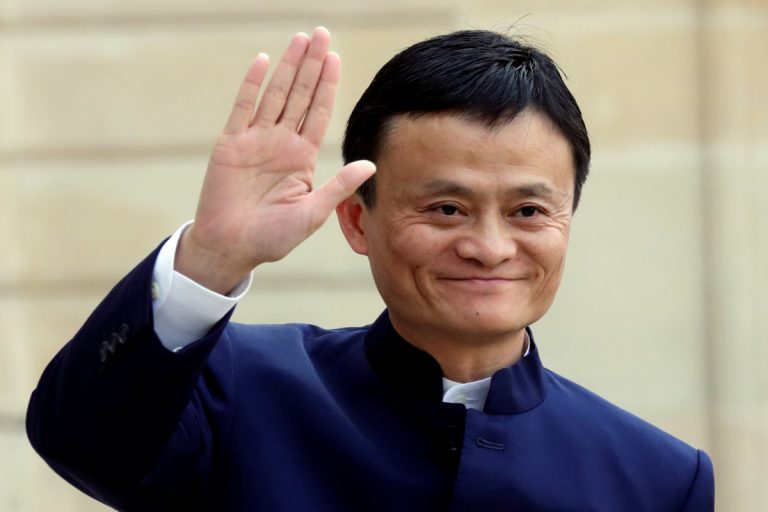
So you’ve completed your degree and you’re wondering if you need a postgraduate qualification to achieve your startup dreams.
It’s undeniable – the decision is tough. While it’s true that choosing to continue your pursuit of knowledge can never be a bad thing, the tough reality for many is this: money is a factor. And with or without an MBA, every budding businessman or woman would need a solid financial float to see them through starting up a business.
It’s worth considering, therefore, whether your money is better spent investing in your business or investing in furthering your education.
Whilst an MBA is useful in helping you cross the Ts and dot the Is in a cutthroat business world, there’s plenty that can only be taught outside the classroom walls. According to venture capitalist and Silicon Valley startup founder Jay Bhatti, “you could get there faster” without an MBA.
“In the end, the education you need for running a startup only comes from running a startup itself! Nothing can replace that learning,” said Bhatti, who holds an MBA from the Wharton Business School, in a Business Insider article.
He’s right.

Hong Kong Chief Executive Carrie Lam stands next to Ma. Source: Reuters
Jack Ma, the founder of China’s biggest e-commerce company Alibaba, wasn’t always a success. In China, students must take a gruelling entrance exam to get into university. Ma failed this exam three times before he was eventually accepted at a university notorious for taking on those with lower grades. Reportedly, he was even turned down for a job at KFC. On top of that, he was rejected from Harvard on 10 occasions.
But he did not give up.
Finally, whilst already building Alibaba, he completed his MBA at the Cheung Kong University. Ma attributes determination to his success, despite having an MBA. He claims this doggedness is crucial to thriving in the business world. Another key ingredient, he adds, is building trust.
At a live interview with American talk show host Charlie Rose in Detroit in June, Ma said: “It’s the trust that makes us united. Eighteen [investors] trusted me. And because they trusted me, I have to be very loyal to them and loyal to the mission that we have.”
Whilst Ma did have an MBA, the list of prosperous businesspeople without them is lengthy, including Bill Gates of Microsoft, Steve Jobs of Apple, Ingvar Kamprad of IKEA and Walt Disney to name a few. Many successful people founded and ran businesses without formal qualifications. In fact, included in that list are some of the wealthiest people in the world. It certainly is achievable.
Stephen Greer, who built his company at age 24 without an MBA and was a millionaire by 28, claims that, “by definition, an entrepreneur is one who takes risk[s]. It’s an attitude and an appetite, one which may be hardwired into one’s personality.”
Beijing International MBA programme dean Dr John Yang told Greer in his opinion, “entrepreneurship is a matter of the heart, and education is a matter of the brain. It is difficult to teach a heart”.
Li Ka-Shing, who once held the title as the richest man in Asia, had little to no formal education. His family were struggling financially when he was a child and he had to drop out of school to support them. In 1950, aged just 22, Li opened his first factory manufacturing plastic flowers in anticipation plastics would soon take off. He is now a property developer, business magnate and investor, not to mention one of the richest men in the world, with an estimated net worth of US$2.1 billion.
Rags to riches story of the week: Li Ka-shing. He quit school at 15 & now worth over 31 Billion Dollars. https://t.co/RP6UiWQKMJ
— deepAfrica.com (@deepAfricaWorld) March 21, 2017
Li taught himself everything he knew simply by reading and researching, and putting his knowledge into practice through trial and error. He was one of the first big investors of Facebook, continuing his trend at predicting industries which are about to take off. His success is truly down to his own merit; he developed his foresight and business acumen without the help of any qualification.
According to CNBC, a survey by software company Qlik found of Asia’s top CEOs, almost 80 percent do not have MBAs.
Education does not unlock every door. Thousands with MBAs don’t end up using them while thousands without go on to build successful businesses.
The advice from every CEO and business owner around the world seems to be to simply work hard. If working hard for you means learning everything you can “on the job”, then there seems to be no reason why you can’t run a business without an MBA. If working hard for you means going to university and gaining a qualification and you use it to your advantage, then it seems many doors will open for you.
There are no hard and fast rules. Passion, determination and hard work are paramount to success in the business world. An MBA will hand graduates the tools to build a business, but only some will be able to gather the materials needed to raise it from the ground.
Liked this? Then you’ll love these…
China: SAT ban brings good business to travel agencies
Zimbabwe to build $1b university for President Mugabe despite woeful economy







